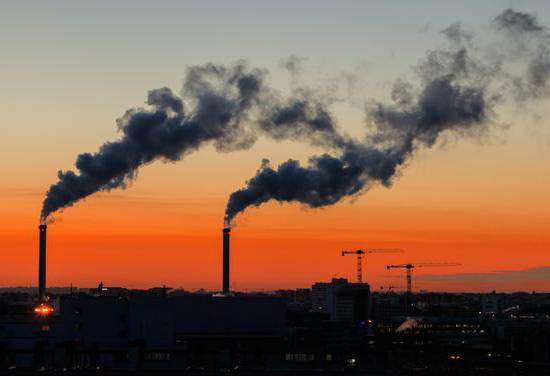×
The Standard e-Paper
Fearless, Trusted News

There is strong consensus in Kenya and indeed across Africa that industrialization presents one of the clearest paths to prosperity. Industries are not only labour intensive, but also provide crucial linkages to important value chains, including key sectors such as agriculture, which accounts for close to 30 per cent of Kenya’s GDP.